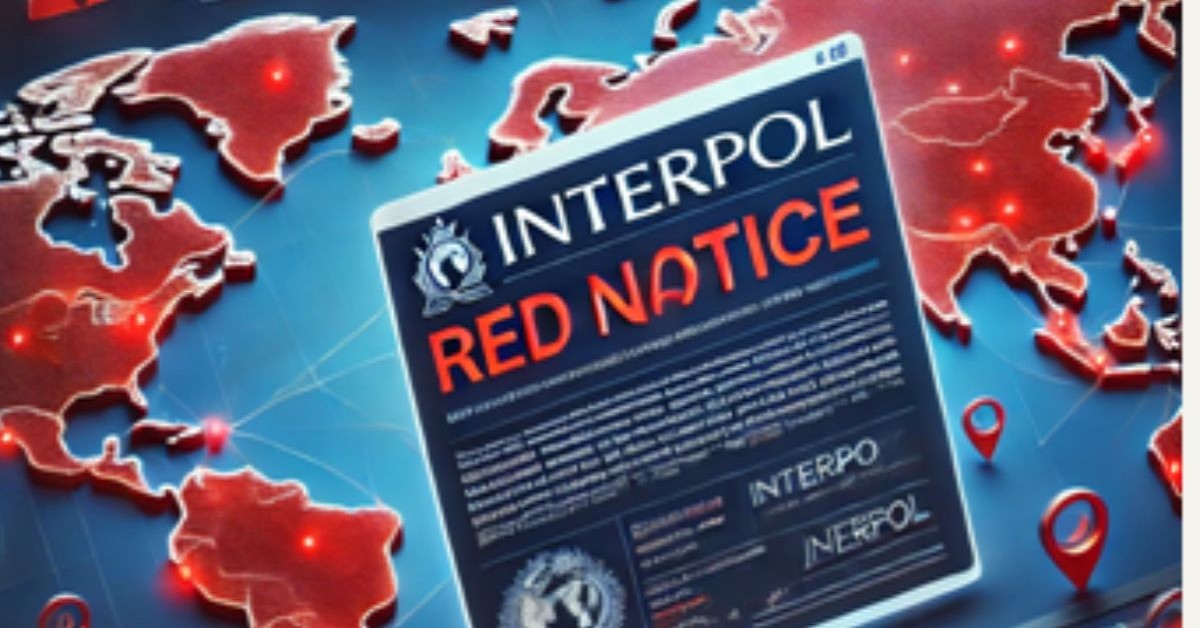Singapore has emerged as a notable location in INTERPOL's red notice database, with approximately 80 individuals linked to the country listed. These notices highlight global efforts to track individuals wanted for serious crimes. INTERPOL red notice lawyer services play a crucial role in ensuring fair treatment and addressing potential misuse of this system.

What is INTERPOL Red Notices?
An INTERPOL red notice is a formal request to locate and provisionally arrest individuals pending extradition. It serves as an alert to all INTERPOL member states about individuals wanted for serious crimes, such as financial fraud, murder, or organized crime. While not equivalent to an international arrest warrant, red notices significantly facilitate cross-border cooperation.
These notices include detailed information about the individual, such as their identity, alleged offenses, and relevant legal documentation. INTERPOL's red notice system is widely recognized as a powerful tool in international law enforcement. For those in Singapore affected by these notices, Interpol red notice services in Singapore can provide essential legal support.
Individuals with Ties to Singapore on the Red Notice List
Singapore's involvement in INTERPOL's red notice database underscores the global reach of the organization. Among the approximately 80 individuals linked to Singapore, a wide range of offenses has been reported, from financial crimes to violent offenses.
Number of Individuals
According to reports, nearly 40 Singaporean nationals are listed in INTERPOL's red notice database. These individuals are wanted for offenses such as murder, fraud, and embezzlement. This number highlights Singapore's prominence in international law enforcement efforts. More information on the global distribution of red notices is available on INTERPOL's official platform.
Breakdown of Nationalities
In addition to Singaporean nationals, individuals of other nationalities with ties to Singapore are also included in the red notice database. These cases often involve individuals who committed crimes in Singapore before fleeing to other countries or using Singapore as a base for international crimes. The global nature of these cases emphasizes the importance of cross-border cooperation and information sharing.
Notable Cases Involving Singaporeans
Several high-profile cases involving Singaporeans have drawn attention to the effectiveness and limitations of INTERPOL's red notice system. One such case involved an individual wanted for large-scale financial fraud, whose extradition was delayed due to legal challenges in the host country. Another case highlighted the role of red notices in tracking fugitives accused of violent crimes, leading to their eventual extradition and trial.
These examples demonstrate both the importance of red notices and the challenges involved in ensuring their appropriate use. Legal experts often work to ensure that these notices are not misused for political purposes or issued without sufficient evidence.
Legal Framework and Procedures
The issuance and enforcement of red notices are governed by a robust legal framework that emphasizes neutrality and respect for human rights. INTERPOL's Constitution explicitly prohibits the issuance of red notices for political, military, racial, or religious reasons.
Role of INTERPOL in Red Notices
INTERPOL serves as a facilitator for member states, ensuring that red notices comply with its rules and standards. The organization reviews each request to ensure it aligns with international legal principles. However, the ultimate enforcement of a red notice depends on the domestic laws of member states.
Extradition Processes in Singapore and Challenges
Extradition processes in Singapore are governed by strict legal protocols. These processes involve thorough reviews to ensure compliance with international and domestic laws. Challenges often arise when the requesting country's judicial system does not meet the required standards of fairness and human rights protections. In such cases, Singaporean authorities may refuse extradition requests or impose conditions to ensure the individual's safety and fair treatment.
Join LAWyersClubIndia's network for daily News Updates, Judgment Summaries, Articles, Forum Threads, Online Law Courses, and MUCH MORE!!"
Tags :Others










